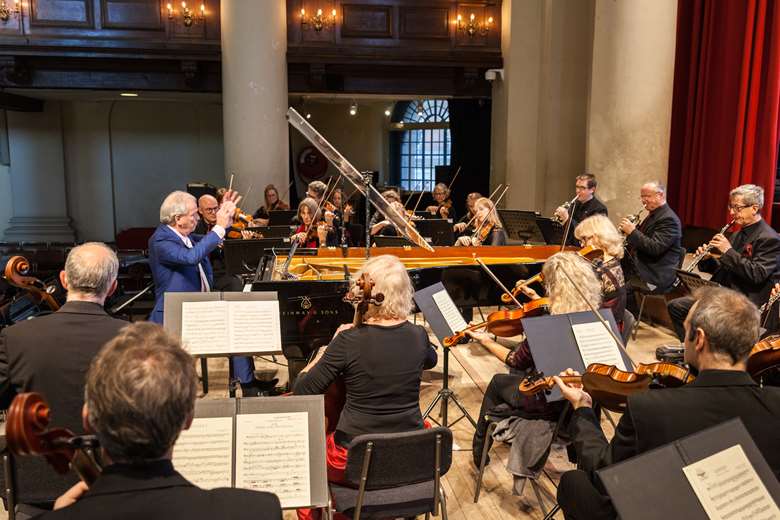London Mozart Players launches Piano Explored 2021 with Howard Shelley
Jeremy Nicholas
Monday, February 15, 2021
Howard Shelley unearths some unusual specimens of the piano concerto repertoire in his latest Piano Explored series with the London Mozart Players

Kevin Day

Register now to continue reading
Don’t miss out on our dedicated coverage of the classical music world. Register today to enjoy the following benefits:
- Unlimited access to news pages
- Free weekly email newsletter
- Free access to two subscriber-only articles per month